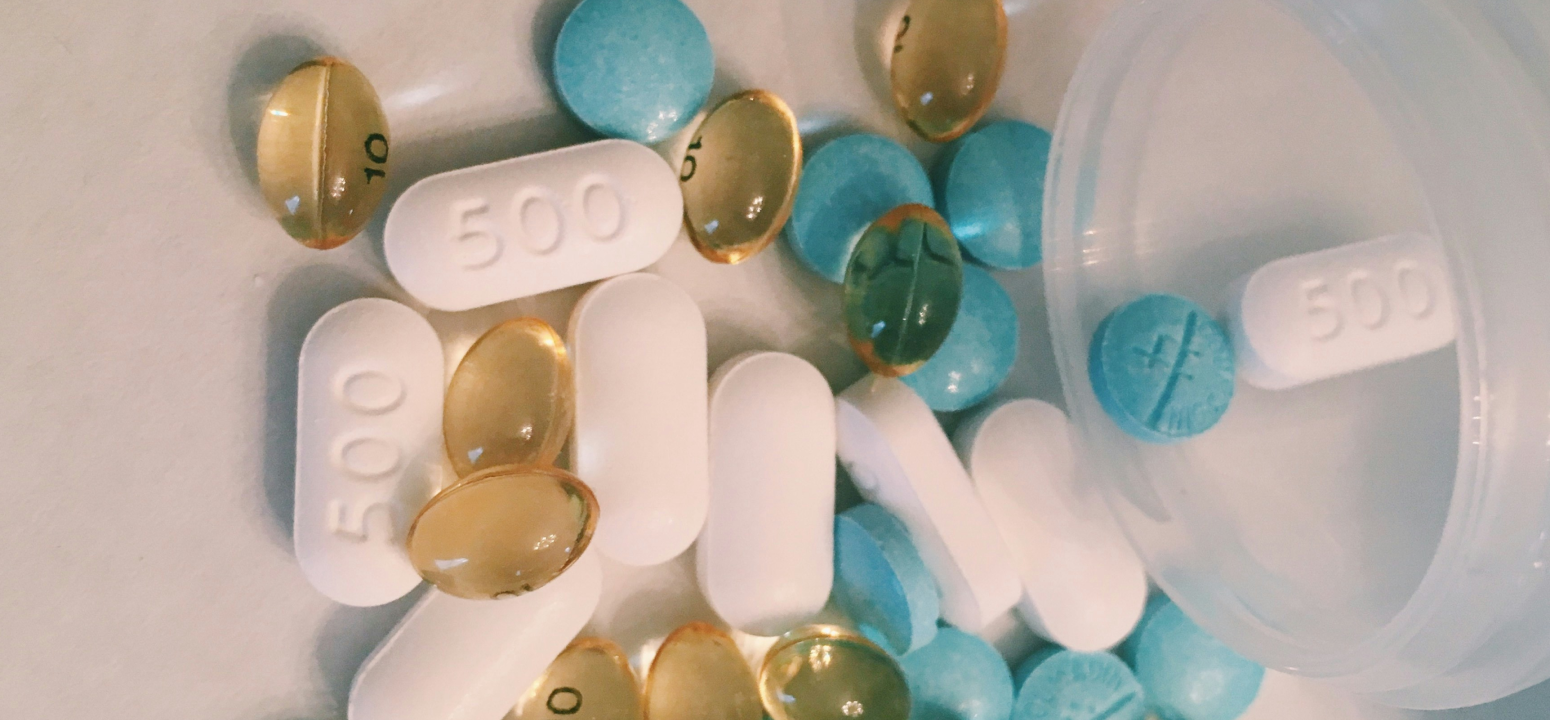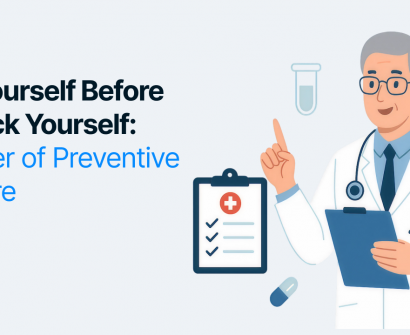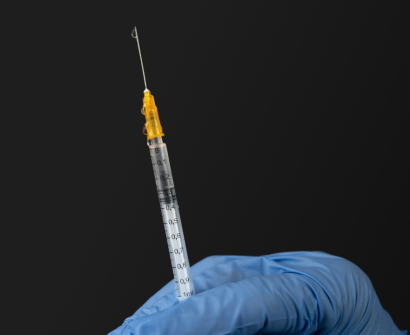
When we think of medicines, the first image that comes to mind is often a tablet or a capsule. However, the pharmaceutical industry has evolved far beyond oral medications, with injectables playing a crucial role in modern healthcare. From emergency treatments to life-saving therapies, injectables have become an essential part of medical advancements, offering faster and more effective drug delivery.
In this blog, we will explore why injectables have become a preferred choice in many treatments, how pharmaceutical companies are driving innovations in this space, and the key benefits injectables offer over conventional oral medications.
The Growing Importance of Injectables in Healthcare
Injectable medicines are formulations administered directly into the body through various routes, including intravenous (IV), intramuscular (IM), and subcutaneous (SC) injections. These methods ensure that the drug reaches the bloodstream faster, bypassing the digestive system for quicker action.
Pharmaceutical companies are increasingly focusing on injectables due to their precision, effectiveness, and ability to deliver complex drug formulations that oral medications cannot. Whether it is insulin for diabetes, monoclonal antibodies for cancer, or vaccines for infectious diseases, injectables have transformed modern medicine.
The global injectable drug market is expanding rapidly, driven by advancements in biotechnology, increasing chronic disease prevalence, and the need for targeted drug delivery systems. Pharmaceutical industry leaders are investing in research and development (R&D) to enhance the safety, stability, and efficiency of injectable formulations.
Why Are Injectables Gaining Popularity?
The increasing reliance on injectables in the pharmaceutical industry is due to several factors:
1. Faster and More Effective Drug Delivery
One of the primary advantages of injectables is their ability to deliver medication rapidly. In emergencies—such as heart attacks, allergic reactions, or severe infections—oral drugs may not act quickly enough. Injectable drugs, on the other hand, provide immediate relief and can even be life-saving in critical situations.
2. Higher Bioavailability
Bioavailability refers to the proportion of a drug that enters circulation and reaches the target site in the body. Oral medications must pass through the digestive tract and liver before entering the bloodstream, which can reduce their effectiveness. Injectables bypass this process, ensuring maximum drug absorption and efficiency.
3. Suitable for Patients with Absorption Issues
Certain conditions, such as gastrointestinal disorders, can impair drug absorption. Patients with severe vomiting, digestive disorders, or those unable to swallow pills rely on injectable treatments to ensure the necessary medication reaches their system.
4. Precision in Dosage
Unlike oral medications, which may be affected by food intake or metabolic differences, injectables allow for more precise dosing. This is particularly important in therapies such as oncology treatments, where the accurate administration of drugs like chemotherapy can significantly impact patient outcomes.
5. Ideal for Biologic and Specialty Medications
Modern medicine has seen a rise in biologics—medications derived from living organisms—used in the treatment of autoimmune diseases, cancer, and chronic conditions. These drugs are often too complex for oral administration, making injectables the preferred choice for delivering these breakthrough therapies.
Advancements in Injectable Technology
The pharmaceutical industry is continuously innovating to make injectables more patient-friendly and efficient. Some of the recent advancements include:
1. Prefilled Syringes and Auto-Injectors
Pharmaceutical companies have developed prefilled syringes and auto-injectors to improve ease of use. These devices are designed for single-use, reducing the risk of contamination and improving patient compliance—especially for individuals who require regular injections, such as diabetes patients using insulin pens.
2. Lyophilized (Freeze-Dried) Injectables
Lyophilization, or freeze-drying, is a technique used to enhance the stability of injectable drugs. This process helps preserve medications that are sensitive to temperature and moisture, ensuring a longer shelf life without compromising their effectiveness.
3. Long-acting Injectables (LAIs)
LAIs are an emerging trend in the pharmaceutical industry, offering sustained drug release over weeks or even months. These formulations are particularly beneficial for treating psychiatric disorders, hormonal deficiencies, and chronic infections, as they reduce the frequency of dosing and improve patient adherence.
4. Needle-Free Injection Technology
Needle-free injectors are being developed to deliver drugs without traditional needles, using high-pressure fluid systems. This innovation aims to improve patient comfort, eliminate the risk of needle-stick injuries, and enhance vaccine delivery programs.
Challenges and Future Outlook
While injectables offer numerous benefits, they also come with challenges that pharmaceutical companies are working to address. Some of these include:
- Storage and Stability: Many injectable drugs require refrigeration and careful handling, increasing logistical challenges.
- Patient Acceptance: Needle phobia remains a concern for some individuals, affecting compliance with injectable therapies.
- Cost of Production: Manufacturing sterile injectable formulations requires advanced facilities and stringent regulatory compliance, making them more expensive than oral drugs.
Despite these challenges, the future of injectables remains promising. As the pharmaceutical industry continues to refine formulations, develop patient-friendly delivery systems, and explore new applications, injectables will remain at the forefront of modern medicine.
Wrapping Up:
Beyond the pill, injectables have transformed how we approach medical treatments. From life-saving emergency drugs to targeted biologic therapies, injectable formulations have revolutionized healthcare by offering rapid, precise, and effective drug delivery.
With ongoing advancements in pharmaceutical technology, injectables are set to play an even more significant role in the future. As pharmaceutical companies continue to innovate, we can expect safer, more efficient, and more accessible injectable treatments that redefine patient care.
The next time you think about medicine, remember—it’s not just about the pill. Injectables are shaping the future of healthcare. Powered by United Biotech.





